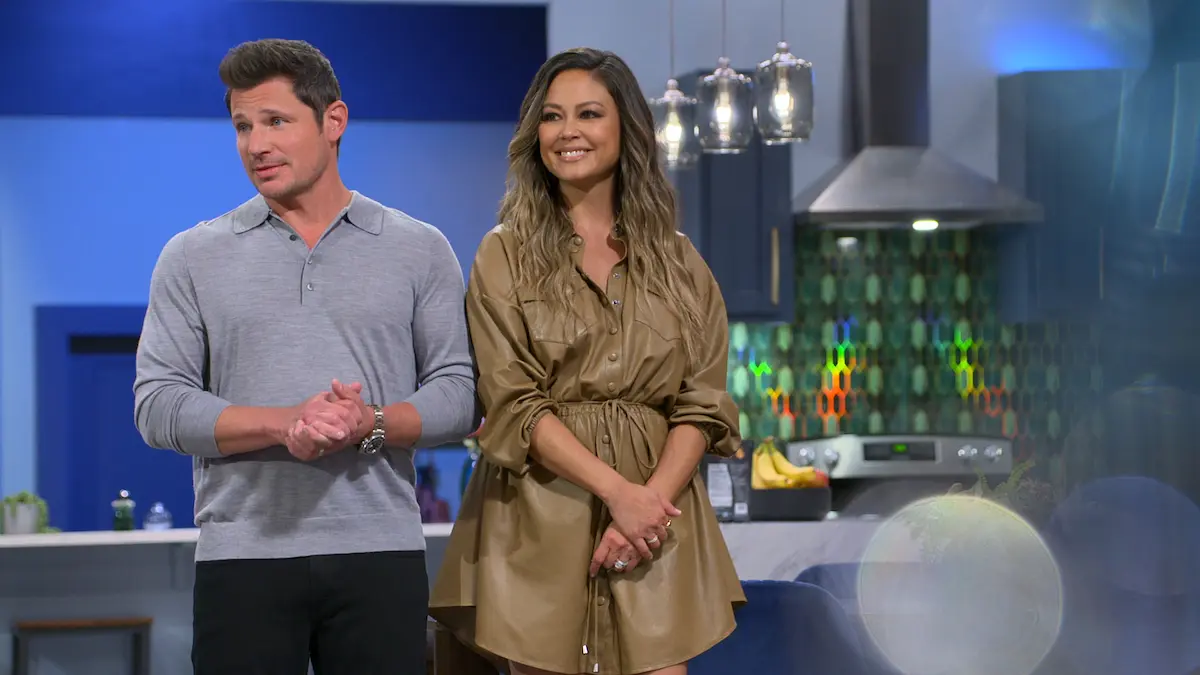Finding 30 individuals in a single city who might be willing to fall in love and marry sight unseen is a challenging task, which is why the casting process for Love Is Blind emphasizes “diligence” at “every single step.”
Chris Coelen, the creator of the Netflix series, shared with Variety on Friday, June 14, that while the show’s casting process is unique, it is not flawless. For instance, Trevor Sova was cast in Season 6 of Love Is Blind without the producers discovering that he had a girlfriend.
“In many unscripted shows, there is often a focus on casting individuals with specific personalities and charisma,” Coelen explained. “We do not operate that way. We are not focused on that aspect. Our primary goal is to find genuine individuals.”
The path from reality TV participant to lifelong influencer is well-trodden. Love Is Blind aims to circumvent this by putting substantial effort into its casting process.
“Outreach is crucial as we need to spread the word on a local level. We seek involvement from reporters, politicians, realtors, salon owners, pastors, nurses, teachers, and others,” said Donna Driscoll, VP of Casting.
“We aim to create a significant buzz in the city we’re targeting and find singles who are ready for a deep and meaningful relationship and marriage.”
Coelen, who also produces Married at First Sight, mentioned that the goal is to obtain a broad representation of the city’s population before narrowing down to 30 contestants through interviews.
“We aim to cast as wide a net as possible to gather a diverse group of people,” he said. “Then we process everyone through the same criteria and filter to refine the selection.”
Driscoll noted that this comprehensive approach has helped Love Is Blind “broaden the scope of what a reality TV candidate might look like or do for a living.”
Unlike many reality shows that feature aspiring actors, entrepreneurs, and influencers, Love Is Blind seeks individuals who might not typically attend a standard casting call.

Driscoll strictly avoids selecting anyone who appears to be seeking to build their reel or grow their social media following.
“Influencers and actors are excluded from consideration,” Driscoll stated. “We want participants to come across as authentic and genuine, and while influencers, models, or actors could potentially be authentic, I aim to avoid those who might be there for the wrong reasons.”
She added, “I’m cautious about this to ensure that the participants’ intentions are sincere.”
The vetting process extends further. Driscoll revealed that the casting team meticulously examines potential contestants’ digital footprints to check for any pre-existing connections.
“We are extremely thorough from the beginning. We cross-reference Instagram accounts—three times—to ensure there is no connection between handles,” Driscoll explained.
Despite this level of scrutiny, some issues can slip through. For example, Lydia Velez Gonzalez and Uche Okoroha from Season 5 had a past relationship that was not discovered during the casting process.
Similarly, Season 6 contestant Trevor had a girlfriend he was in contact with up until the day he left to film the show. Driscoll acknowledges that at a certain point, they must trust the contestants to be honest.
“When we conduct the final call, we always ask if there is anything they haven’t disclosed about their relationships,” she said. “We give them multiple chances to be truthful, and we understand that they are human. We are also human… We have to trust that their statements are accurate. Will we be more vigilant after Trevor? Absolutely.”
Trevor has since apologized for being “untruthful” with producers during Season 6, which premiered on Netflix earlier this year.
“I was aware of allegations made about me the night before the reunion was filmed but did not read the actual texts. When they were displayed on screen, it felt like a nightmare, only this nightmare was being watched by 50 million people and I had only 3 seconds to come up with a response,” Trevor shared on Instagram in April.
“That said, I admitted my mistakes and expressed my desire to speak with a therapist rather than discussing it for the first time on camera. I have since been seeing a therapist and am gradually recognizing what I need to improve.”


